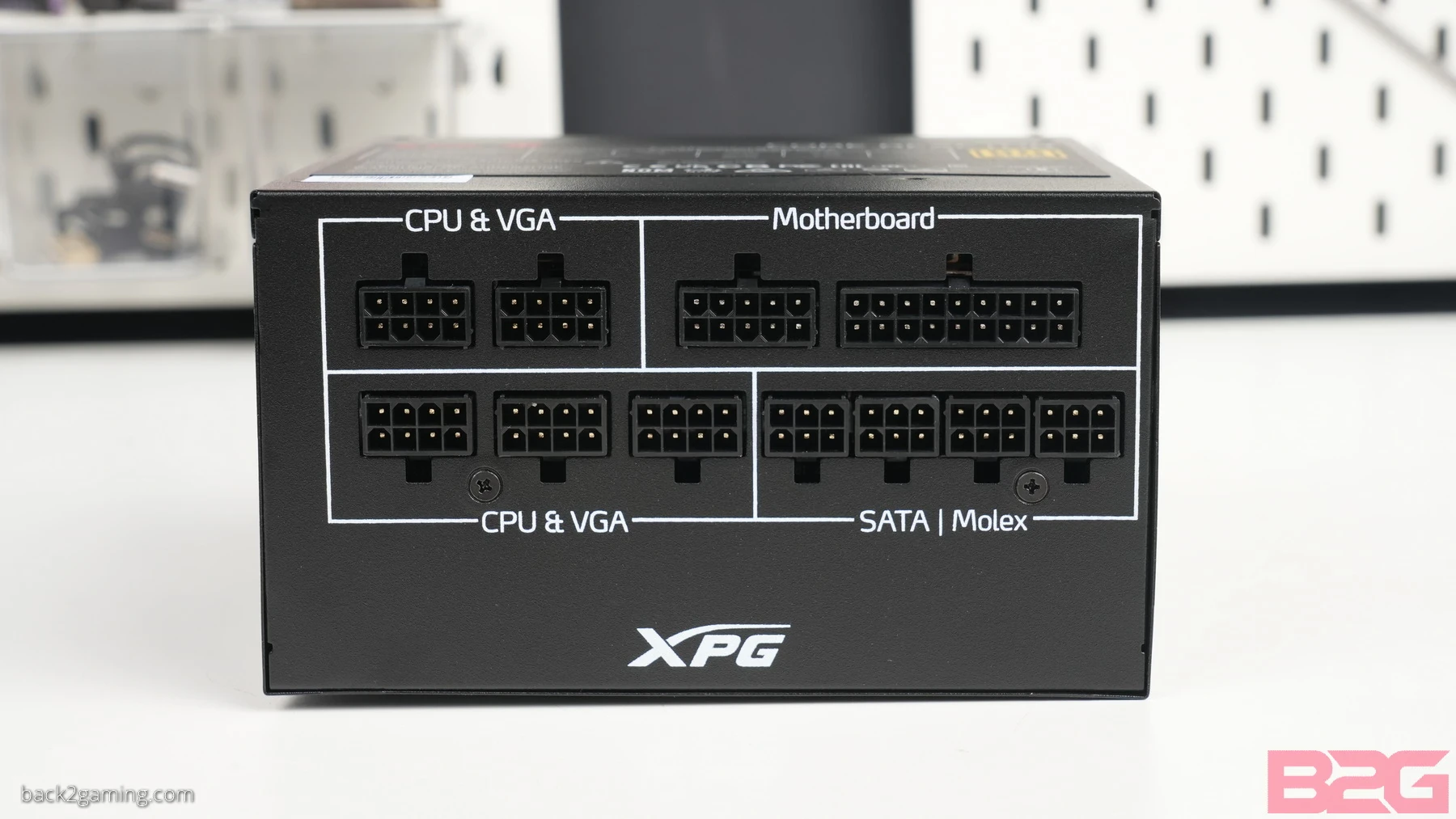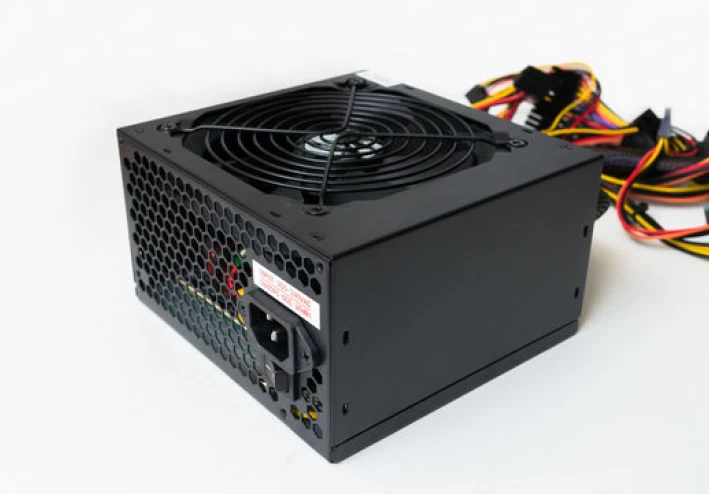
Power Supply Guide: The Heart of Your Gaming PC
Introduction
When building a gaming PC, most users prioritize components like the CPU, GPU, and RAM. However, one of the most critical pieces of hardware is often overlooked: the Power Supply Unit (PSU). The PSU is responsible for delivering clean, stable power to every component in the system. Choosing a reliable power supply not only ensures stability but also extends the overall lifespan of your PC while protecting it from potential damage.
The Role of a PSU
Distributes power across all major components (CPU, GPU, RAM, storage).
Maintains stable voltage to prevent fluctuations or instability.
Provides essential protection against surges and sudden power spikes.
Types of Power Supplies
Standard / Non-Modular
All cables are permanently attached.
Typically the most affordable, but results in more cable clutter.
Semi-Modular
Some cables are fixed, while others can be removed.
Offers better cable management without a significant cost increase.
Fully Modular
All cables are detachable.
Provides the cleanest build and easiest cable management.
Usually comes at a higher price point.
Efficiency Ratings
PSUs are rated by the 80 Plus certification system, which measures energy efficiency:
Bronze – Entry-level efficiency at a budget price.
Gold – A strong balance of efficiency and cost, ideal for most gaming PCs.
Platinum – High efficiency, generally suited for enthusiast systems.
Titanium – The highest tier, designed for professional and enterprise environments.
How to Choose the Right PSU
Wattage
A mid-range GPU (e.g., RTX 3060) typically requires a 550W PSU.
High-end GPUs (e.g., RTX 4070 Ti, RX 7900) should be paired with 750W or higher.
Always leave overhead capacity to ensure stability under peak loads.
Safety Features
A reliable PSU should include key protection mechanisms such as:
OVP (Over Voltage Protection)
OCP (Over Current Protection)
SCP (Short Circuit Protection)
Brand and Reliability
It’s critical to purchase from established brands with proven track records — such as Corsair, Seasonic, Cooler Master, and EVGA. Cheaper, generic alternatives often compromise on safety and long term reliability.
Recommended Features
Sleeved or flat cables for better cable management.
Silent cooling with Zero RPM fan modes for quiet operation.
Extended warranties (5 years or more) for peace of mind.
Conclusion
The power supply is the foundation of a stable and long-lasting PC build. While often overlooked, it plays a crucial role in ensuring reliable performance and protecting your investment. With options across different efficiency ratings and modular designs, there is a PSU for every budget but cutting corners on this component is never recommended. The PSU is your system’s first line of defense against electrical issues, making it one of the most important choices in any build.




































